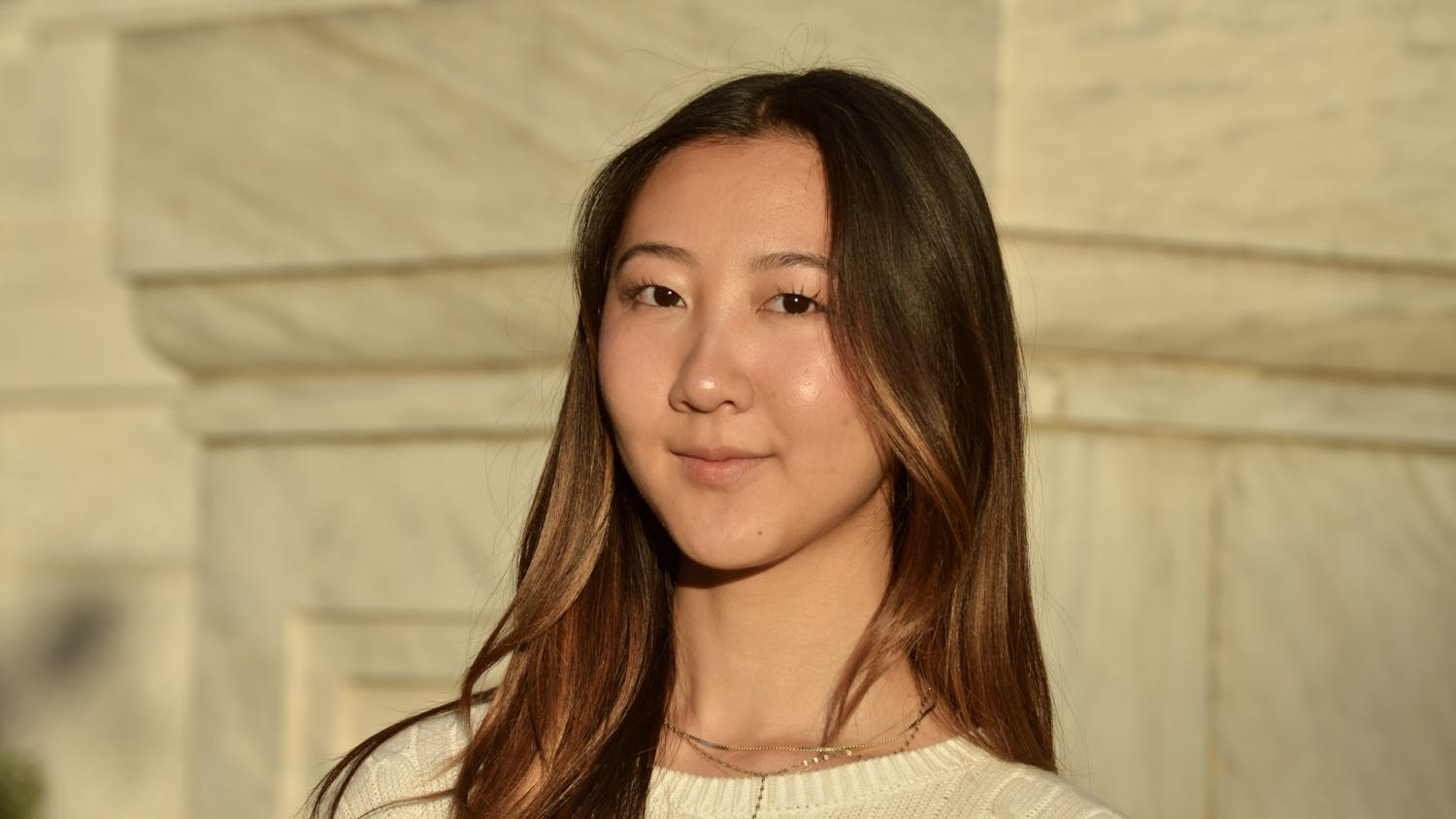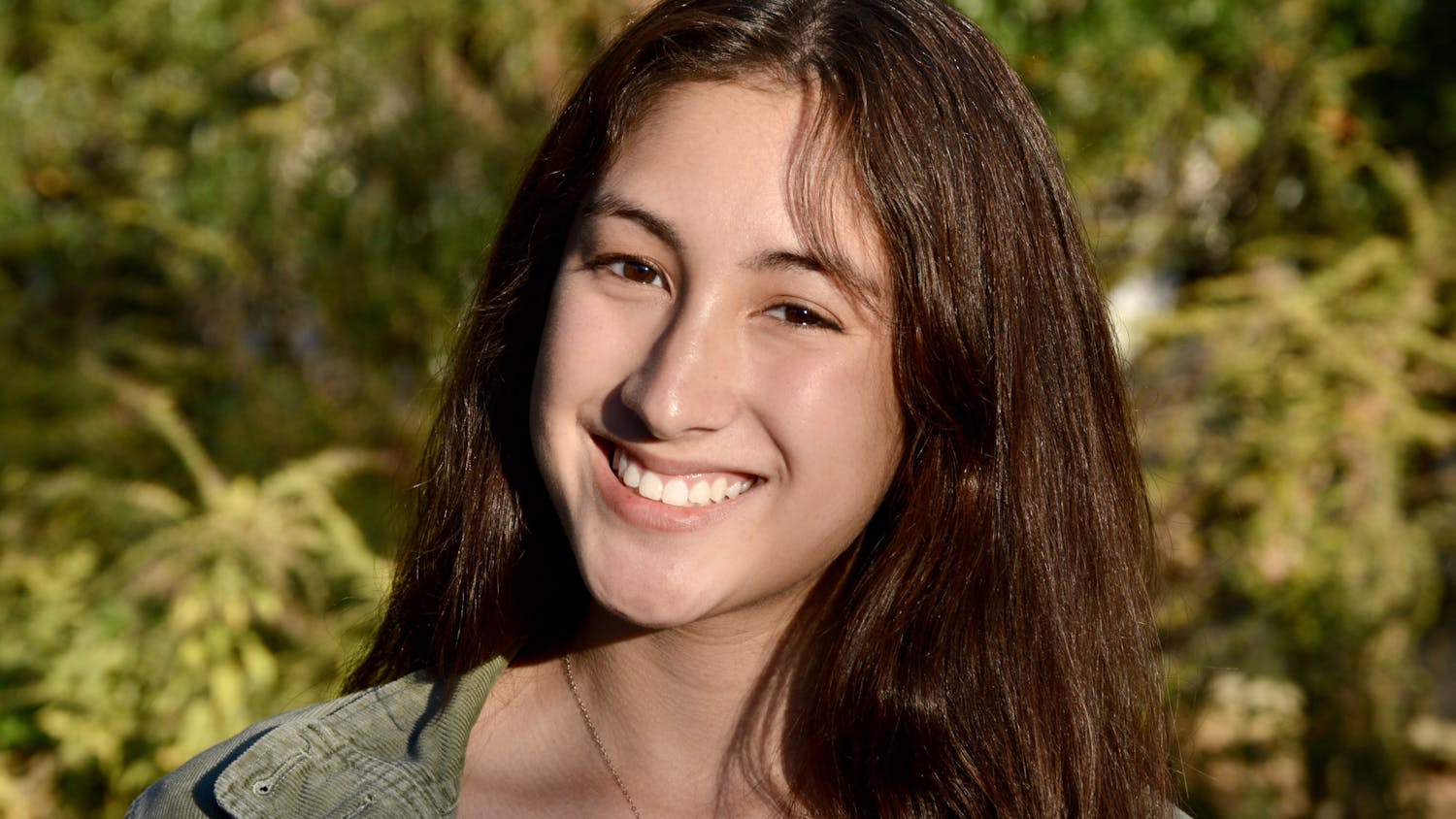When a community-wide memo is sent out, American University students expect it to be honest and accurate, to provide us with the truth so that we can make informed and educated opinions. Unfortunately, that did not happen on March 10th, when Gail Hanson's memo, "Response to Media Reports of a Sexual Assault of an AU Student" failed to tell a complete and accurate story.
I am the student who filed the Title IX complaint against AU, and I'm writing this to set the record straight because my community deserves the truth.
One of the main reasons I filed a Title IX complaint against AU is because when I reported my assault, in order to proceed with the disciplinary process, I was required to sign a confidentiality agreement. According to the Office of Civil Rights within the Department of Education, these agreements are illegal. In her memo to the AU community, Hanson writes, "The policy does not prevent victims of sexual assault from discussing their allegations with others, including the final outcomes of the related disciplinary proceeding."
This is false.
The confidentiality policy that I was forced to sign in order to proceed with a student conduct hearing states, "Any information disclosed at the proceeding is confidential and shall not be disclosed to parties outside of the hearing. The information disclosed at the hearing is not to be discussed, shown, or shared in any way with anyone outside of the membership of the hearing body or the Student Conflict and Conduct Resolution Services office. Discussion will be constrained by institutional and statutory regulations and policies." To me, it seems pretty clear that in signing this, I was prevented from discussing the allegations and final outcomes.
After receiving notice of the sanctions my perpetrator received, I posted a status on Facebook about my disappointment with the outcome. My hearing advisor, another AU student, shared the status. That week, we were both called into the Student Conduct office and told we had violated the confidentiality agreement and needed to change the status or take it down. Later that month, I met with Bobby Howard from the Student Conduct office to ask for clarification on what I specifically couldn't discuss. I was told I could not talk about my perpetrator's plea (responsible for sexual assault), what sanctions I asked for (suspension for the rest of the academic year and in-person consent and bystander intervention education), and what sanctions he received (a year of disciplinary probation and an online sexual assault module).
Contrary to what was written in the campus-wide memo from Hanson, I was prevented from speaking out about the outcome of the case. By writing this piece, publicly filing a Title IX complaint, and by speaking to the media, I'm putting my degree and my education at risk.
I will not be silenced by the university, and I will not let administrators put out false information in an attempt to discredit me.
As Hanson wrote, sexual assault has a broad definition both legally and at AU. In the Student Conduct Code, it is defined as "any intentional sexual touching with any object(s) or body part(s) that is against a person’s will or without consent or that is perpetrated through coercion or threat of bodily harm." The truth of the matter is, I was not raped. I was sexually assaulted, and this made me worry my assault wouldn't be considered "bad enough" to report.
I spent two months beating myself up for having nightmares. I spent two months hating myself every time I had a panic attack after passing my perpetrator on campus. “It wasn't rape; maybe I just needed to get over it,” I used to think to myself. Thankfully, Daniel Rappaport, the former Sexual Assault Prevention Coordinator at AU, reminded me that it WAS sexual assault and that my trauma was valid and legitimate. He told me that if I chose to report, American had a responsibility to treat it as the conduct violation it was.
In the memo, Hanson wrote, "The sanctions imposed on those found responsible in all Student Conduct cases are applied with proportionality based on the nature of the violation, and fairness." I understand where she's coming from; since it wasn't rape, I didn't fight for expulsion, just suspension. But is it really proportionate to give someone just a warning for sexual assault? What message does that send to our community?
I believe it puts sexual assault on a spectrum and tells survivors that certain assaults shouldn't be seen as a big deal.
My perpetrator argued that “no one actually gets consent”, yet AU administrators think he should still be allowed to participate in Greek life. They say his sanctions are proportionate to sexual assault. I ask then, what needs to happen for it to be "bad enough"?
To any survivor reading this: the trauma you have faced, whether it's non-consensual touching/kissing or rape, is legitimate. The pain you feel is valid. You should not need to think that something more should have happened so that you could get justice. Sexual assault of any form is a complete violation and intrusion of your personhood, and you have the right to be angry.
I filed a Title IX complaint against AU and spoke out because I do not believe AU did enough to protect me, our campus, or uphold their obligations under Title IX. I did not plan on directly addressing our community, I did not feel I had a choice. I will continue to fight for the safer environment we all deserve.
Faith Ferber is a junior double majoring in Psychology and Women, Gender, and Sexuality Studies in the College of Arts and Sciences.
edpage@theeagleonline.com





